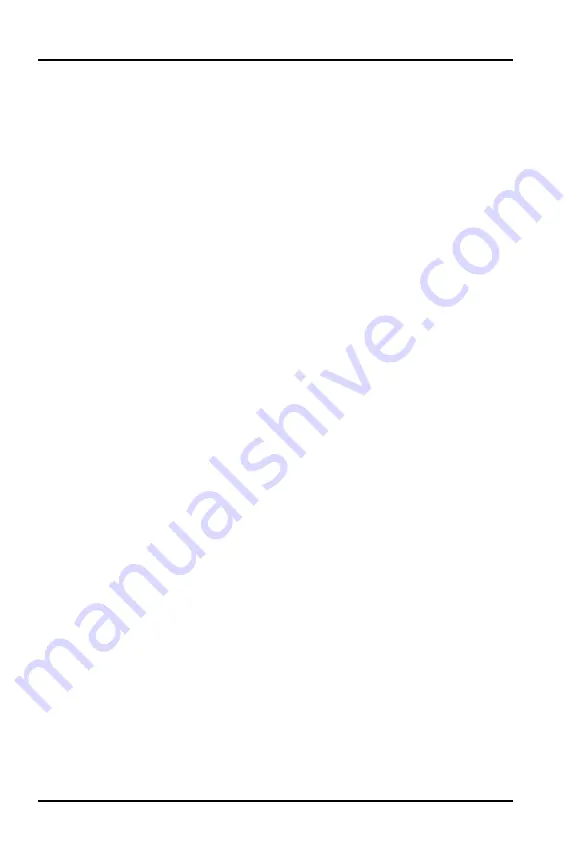
c. On a long pull, it may be necessary to stop winching so that the damper
can be repositioned to the new mid-point of the winch cable. Always
release the tension on the winch cable before repositioning the damper.
d. Avoid being directly in line with the winch cable whenever possible. Also,
never permit others to stand near or in line with the winch cable during
winch operation.
9. Never hook the winch cable back onto itself. This will damage the winch
cable and may result in winch cable failure.
10. Never use straps, chains or other rigging items that are damaged or worn.
11. The ONLY time a winch-equipped vehicle should be moving when using the
winch is when that vehicle itself is stuck. The winch equipped vehicle should
NEVER be in motion to “shock” load the winch cable in an attempt to move a
second stuck vehicle. See the Shock Loading section on page 105. For your
safety, always follow these guidelines when winching a vehicle free:
a. Release the winch clutch and spool out the necessary length of winch
cable.
b. Align the winch cable as close as possible to the winching vehicle’s
centerline.
c. Attach the winch cable hook to the anchor point or the stuck vehicle’s
frame following instructions in this manual.
d. Re-engage the clutch on the winch.
e. Slowly winch in the slack in the winch cable.
f.
Select the proper vehicle gear to propel the stuck vehicle in the direction
of winching.
g. Shift to the lowest gear available on the stuck vehicle.
h. Slowly and carefully apply vehicle throttle and winch together to free the
vehicle.
i.
Stop winching as soon as the stuck vehicle is able to propel itself without
the help of the winch.
j.
Detach the winch cable hook.
k. Rewind the winch cable evenly back onto the winch drum following the
instructions in this manual.
12. Never attempt to winch another stuck vehicle by attaching the winch cable to
a suspension component, brush guard, bumper or cargo rack. Vehicle
damage may result. Instead, attach the winch to a strong portion of the
vehicle frame or hitch.
102






























